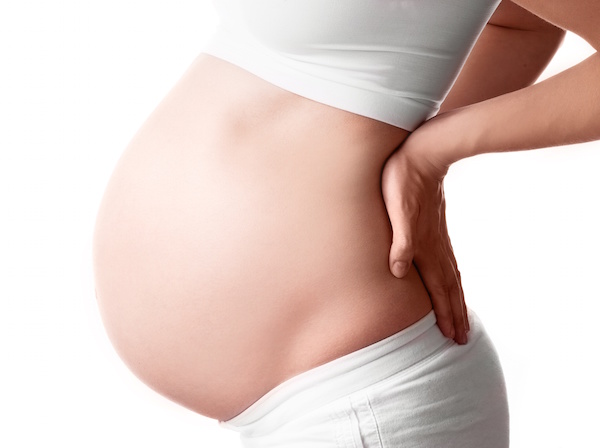
THURSDAY, March 17 (HealthDay News) — It’s normal and healthy for parents to provide their 20-something children with financial and housing assistance, according to a new study.
The finding challenges the widely held belief that such help involves slacker young adults who refuse to grow up or overindulgent parents whose continued support stifles their adult children’s development, said the researchers.
They analyzed data collected from young adults and found that almost half received either money for living expenses or lived with their parents (or both) in their mid-20s, but only 10 to 15 percent received such support when in their early 30s.
The likelihood of receiving financial help from their parents decreased 15 percent each year and the likelihood of living with their parents decreased 18 percent each year.
The study was published online March 10 in the Journal of Marriage and Family.
“These results indicate that young people do eventually become independent of parents as they grow older,” study author Teresa Swartz, an associate professor of sociology at the University of Minnesota, said in a journal news release.
She noted that young people were more likely to receive help from their parents if they were students or had experienced recent difficulties such as job loss, serious illness or divorce.
“Parental aid serves as ‘scaffolding’ to help young people who are working towards financial self-sufficiency and as ‘safety nets’ for those who have experienced serious difficulties,” Swartz said.
“In an economy that requires advanced education for good jobs, parents are more likely to aid their children when they are students. As the labor market offers fewer opportunities for stable, full-time, well-paid work for the young, parents often fill in when needed,” she added.
More information
Learn more about the challenges of young adulthood at MIT.

